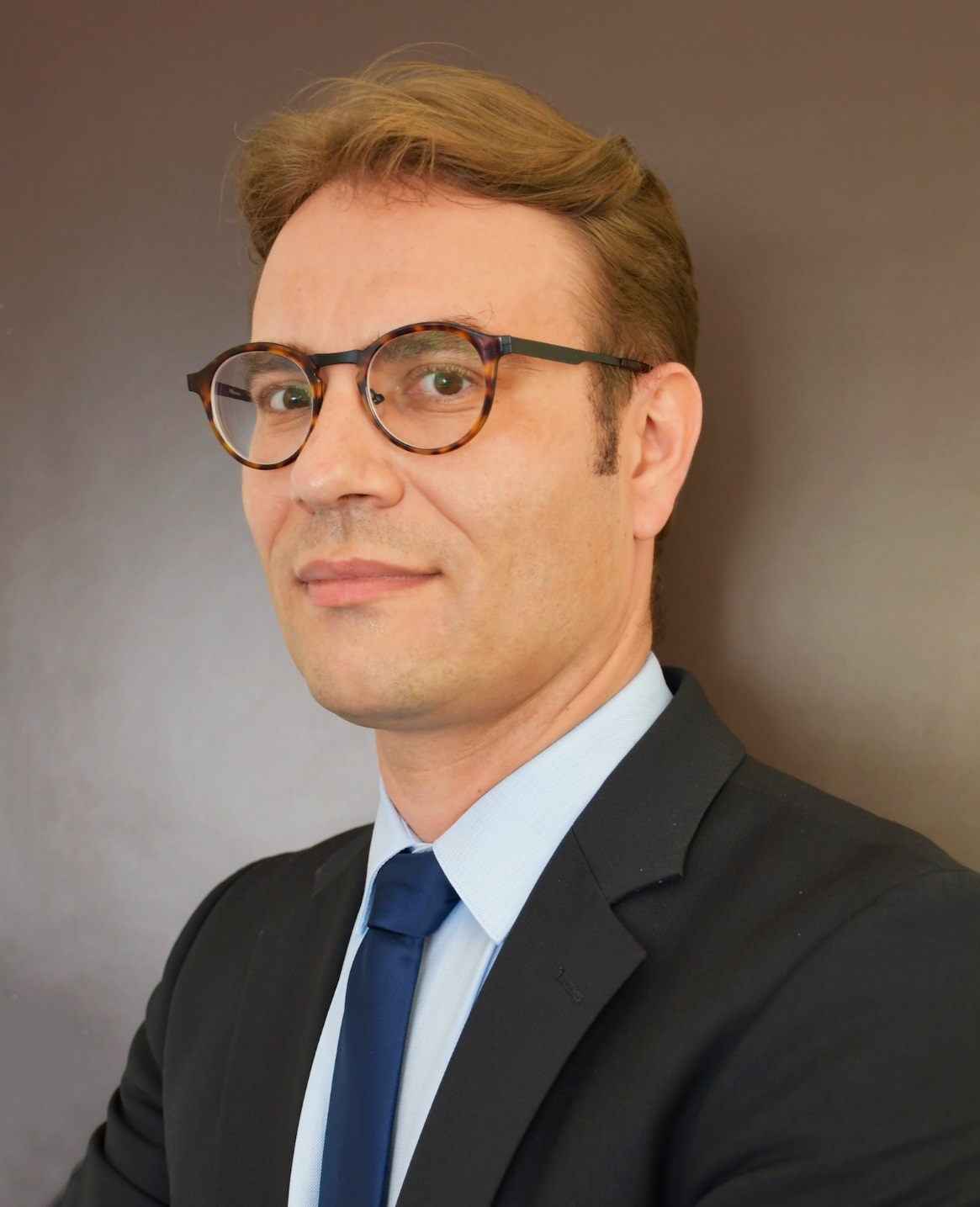Business as Usual for Next Franco-German Couple, Despite Dticking Points
While some argue that the next Franco-German power couple could be business as usual, there are some potential sticking points ahead.
After 16 years as Germany’s Chancellor and working closely with four different French presidents, Angela Merkel is expected to step down from the political stage in the following weeks.
Olaf Scholz, her likely successor, will have to fill her shoes in the traditional Franco-German “couple”.
As Scholz has already been Finance Minister in Germany for four years and has worked intensively with France, especially on the European Recovery Fund, experts say that the relationship between the two will continue cordially.
- “It’s true that in France, we always talk about the Franco-German ‘couple’, whereas, in Germany, we instead talk about Franco-German relations, or the Franco-German partnership”, explained Paul Maurice, a researcher at The Study Committee on Franco-German Relations of the French Institute of International Relations, to EURACTIV.
Christophe Arend, the French MP presiding the Franco-German friendship group at the National Assembly, told EURACTIV, “To love is not to look at each other but to look together in the same direction.”
In this case, for a “European future”, the couple “is aware that it must be with the other European partners”, he added.
- “The interest of the Franco-German couple in the current situation is that it is capable of making a synthesis” with France “rather receptive to the questions of Southern Europe” and Germany “rather receptive to the frugals [Austria, Denmark, the Netherlands and Sweden]”. This makes it easier to keep the Central European countries like Poland onboard, Maurice added.
Continuities
The ministries and parliaments of the two countries have a long history of collaboration. A Franco-German Parliamentary Assembly was formed in 2019 to deepen these inter-institutionnal relations.
- Cooperation at the regional level also worked well amid the COVID-19 pandemic, noted Maurice.
Experts argue there will be continuity as long as Scholz is not a “stranger” – he is Merkel’s vice-Chancellor – and that he keeps up her legacy, according to Maillard.
Not to mention that Scholz is “a social democrat, rather from the right wing of his party”, which makes him “rather reassuring” for Paris, said Maurice. “He is a level-headed, measured person”, added Maillard.
Sticking point
In any event, there may be some sticking points, not to mention the fact Scholz will be leading a tripartite coalition whose negotiations are yet to be concluded.
Firstly, there is the long-standing issue of fiscal responsibility. While France is pushing for a reform of the Stability and Growth Pact, Germany has always been reluctant to allow for more fiscal flexibility.
- “We have completely different strategic cultures”, said Maurice while Maillard noted that “it was a big shock in Germany when Hollande decided to intervene in Mali [in January 2013] without the parliament being automatically convened”.
>> This article is available on the website of Euractiv <<

Media:
Share







